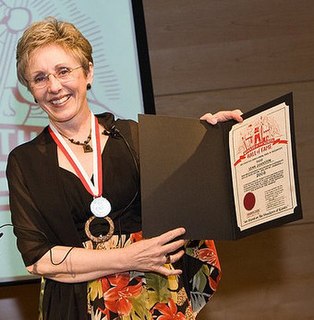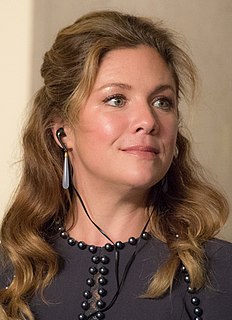A Quote by Jack Kirby
Comics have a caste system - an editor has to act in a certain way, an artist has to be humble.
Related Quotes
That the caste system must be abolished if the Hindu society is to be reconstructed on the basis of equality, goes without saying. Untouchability has its roots in the caste system. They cannot expect the Brahmins to rise in revolt against the caste system. Also we cannot rely upon the non-Brahmins and ask them to fight our battle.
I think that in the diaspora, and among immigrants, religion becomes a vehicle for the transmission of cultural information, and cultural codes, and this does end up re-inscribing certain things about the religion - like caste. Caste discrimination and hierarchy are still a very fundamental and violent part of Hinduism. My family was upper caste, and that was very clear. I feel like caste and religious practice are inextricable, actually.
Still,[...] in all forms of comics the sequential artist relies upon the tacit cooperation of the reader. This cooperation is based upon the convention of reading and the common cognitive disciplines. Indeed, it is this very voluntary cooperation, so unique to comics, that underlies the contract between artist and audience.
When it comes to having conversations with girls what I hear from them is that there is a lot of pressure to look a certain way, act a certain way, perform a certain way, and there are very mixed messages. We are telling them, 'Be yourself, be true to who you are,' but what does that mean in a society of comparison, competition, and individualism?
































